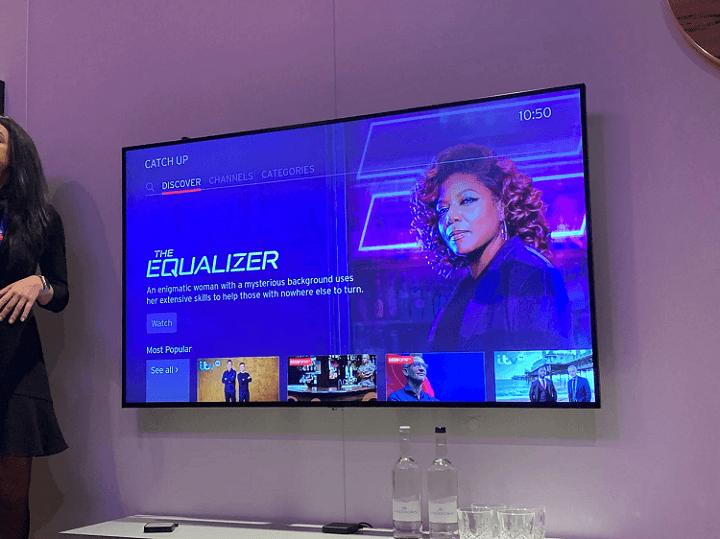Impact of OTT on the Entertainment Industry
The impact of OTT on the entertainment industry has been profound and far-reaching. Over-the-top (OTT) streaming services have transformed how audiences consume media, reshaping traditional paradigms of content distribution, production, and consumption. This blog post delves into the key ways in which OTT platforms have influenced the entertainment industry, examining both the opportunities and challenges they present.
The Reshaping of Content Consumption
The rise of OTT platforms has fundamentally changed how people consume entertainment content. Viewers now have unprecedented access to a vast library of films, series, documentaries, and original programming at their fingertips.
Changing Viewing Habits
Today, audiences prefer binge-watching entire seasons of shows rather than waiting for weekly episodes. This shift has led to the popularity of platforms like Netflix, Hulu, and Amazon Prime Video, which cater to this demand by releasing complete seasons at once. The convenience of watching anytime and anywhere via smartphones, tablets, and smart TVs has further solidified OTT’s dominance in content consumption.
Global Reach and Diversity
OTT platforms have also expanded the global reach of content. With the ability to stream shows and movies across different regions, viewers can access diverse genres and international productions that were previously unavailable in their local markets. This has led to cultural exchanges and the popularity of non-English content, exemplified by the success of series like “Squid Game” and “Money Heist,” which have found massive audiences worldwide.
The Transformation of Content Creation
The impact of OTT on the entertainment industry extends beyond consumption patterns; it also significantly influences how content is created and produced.
Opportunities for Creators
OTT platforms have opened up new avenues for filmmakers and content creators. With lower barriers to entry, independent filmmakers can now reach audiences directly without needing traditional studio backing. This democratization of content creation has led to a surge in innovative storytelling and diverse voices in the industry. Many OTT platforms invest heavily in original programming, allowing creators to experiment with unique concepts that may not have found a place in conventional media.
Challenges for Traditional Media
While OTT services have provided opportunities, they have also posed challenges for traditional media companies. With viewers increasingly cutting cable subscriptions in favor of streaming services, traditional broadcasters and cable networks must adapt to survive. This shift has resulted in significant changes in advertising strategies, audience engagement, and content distribution methods. Many traditional networks are now launching their own streaming services to compete, reflecting the necessity to innovate in this rapidly evolving landscape.
Conclusion
In conclusion, the impact of OTT on the entertainment industry is both transformative and disruptive. As the landscape continues to evolve, industry players must navigate the complexities of changing viewer preferences, content creation dynamics, and the competitive landscape. The future of entertainment will undoubtedly be shaped by the ongoing influence of OTT platforms, offering both challenges and opportunities for creators, distributors, and audiences alike.
For more insights on the impact of OTT and its trends, you can visit Variety’s OTT section.



